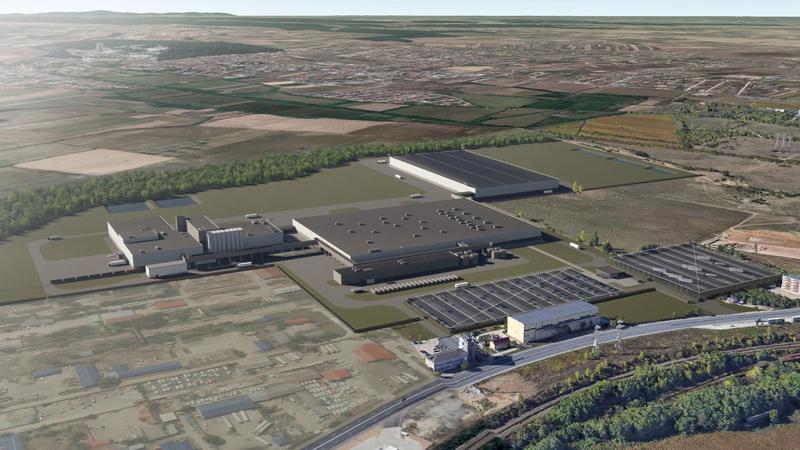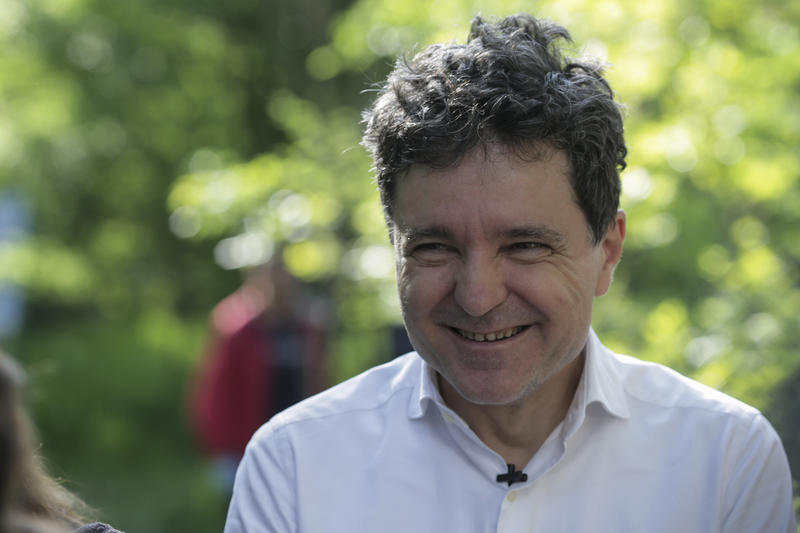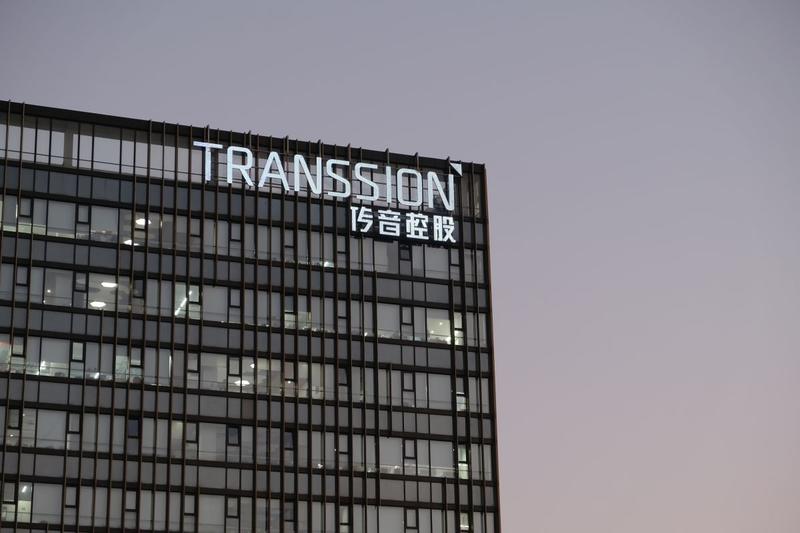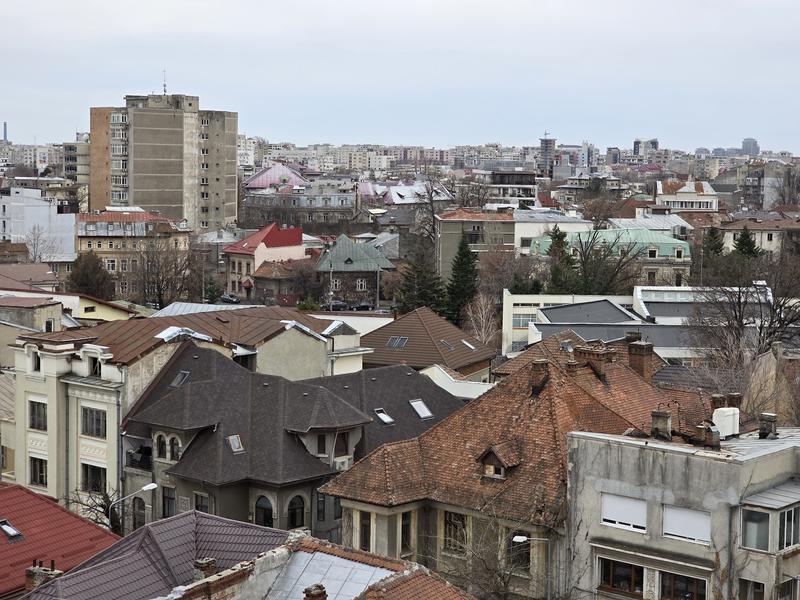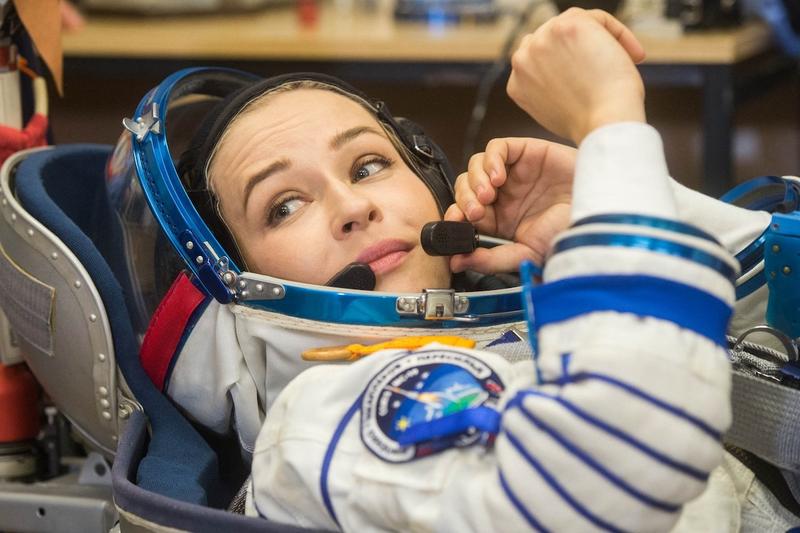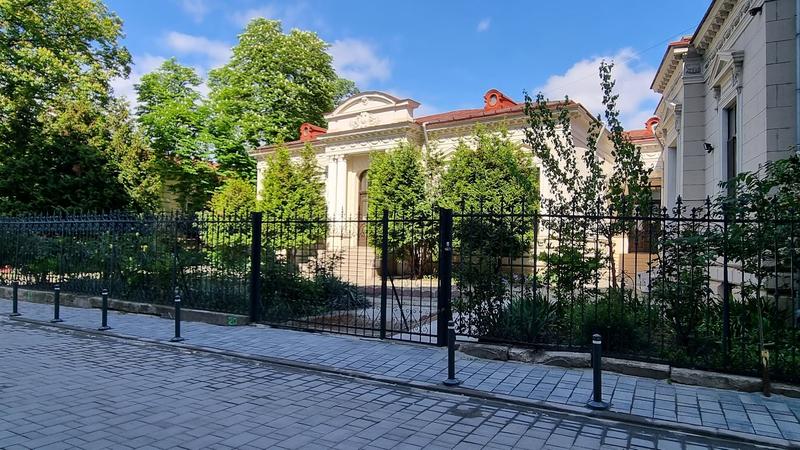Moody winter days took reign in Romania over the past few days as the country and its southern neighbor Bulgaria are coming to terms with EU accession following huge celebrations to mark boosting the Union to 27 members on January 1, 2007. Impressive fireworks lit the skies of Bucharest, Sofia and other cities across Romania and Bulgaria on a mild New Year’s Eve.
But they did not last long - with the exeption of Romanian city of Sibiu, which has the honor of representing the European Cultural Capital for 2007.
The accession of Romania and Bulgaria means the EU will now have some 30 million more citizens, although not all of them will have all the related privileges.
That was enough to lure throngs of hundreds of thousands in downtown Bucharest and Sofia to celebrate the event on Sunday to Monday night, with national and international performers, local authorities and European officials as important as EU Commissioner for Enlargement Olli Rehn as gifted masters of ceremony.
Still, the streets in the two capitals have been gloomy since shortly after midnight on January 1, when EU-honoring lasers turned off and firecrackers went silent to leave the people go home for their New Year’s Eve meal.
And to make a difference between the two countries - among the poorest in democratic Europe - and the rest of the EU - most companies remained closed for much of the week, the newspapers did not see print and the streets turned muddy by heavy snow and rainfalls across Romania made sure those who remained home for the holidays would not dare outside.
Those who did not remain home - many members of the strongly evolving middle class in the two countries - are expected to return home from once unconceivable ski trips to Austria, Italy and France or travels to exotic as Tunisia, Egypt and Thailand.
The merits for dealing with the impact of accession belonged mostly to international media in the first two days of the year, where many newspapers and broadcasters reported how the two countries have passed an overwhelming period of transition from communism, but are still struggling with the task of catching up with the rest of the EU.
In Bucharest, it was the TV that helped President Traian Basescu spread his message hailing the success of EU membership. “It was hard, but we reached the end of the road - the road of our future, the road of our joy”, he said during celebrations in Bucharest.
“You are not alone. The EU is with you”, sounded the message of Commissioner Rehn, EU Parliament president Josep Borrell and other EU officials visiting Sofia, Bucharest and Sibiu, the 2007 Cultural Capital of Europe.
The EU accession fulfills a dream both countries have pursued since applying for membership in 1995, six years aftert they threw off their communist regimes. They started the negotiations in 2000 and, on the back of impressive economic growth over the past several years, concluded them in 2004, but kept a long series of problems still to be solved in the first years since accession.
The European Commission finally agreed to let them in in September this year despite some members’ concerns about the lack of substantial progress in tackling corruption and reforming the state institutions in Romania and Bulgaria.
